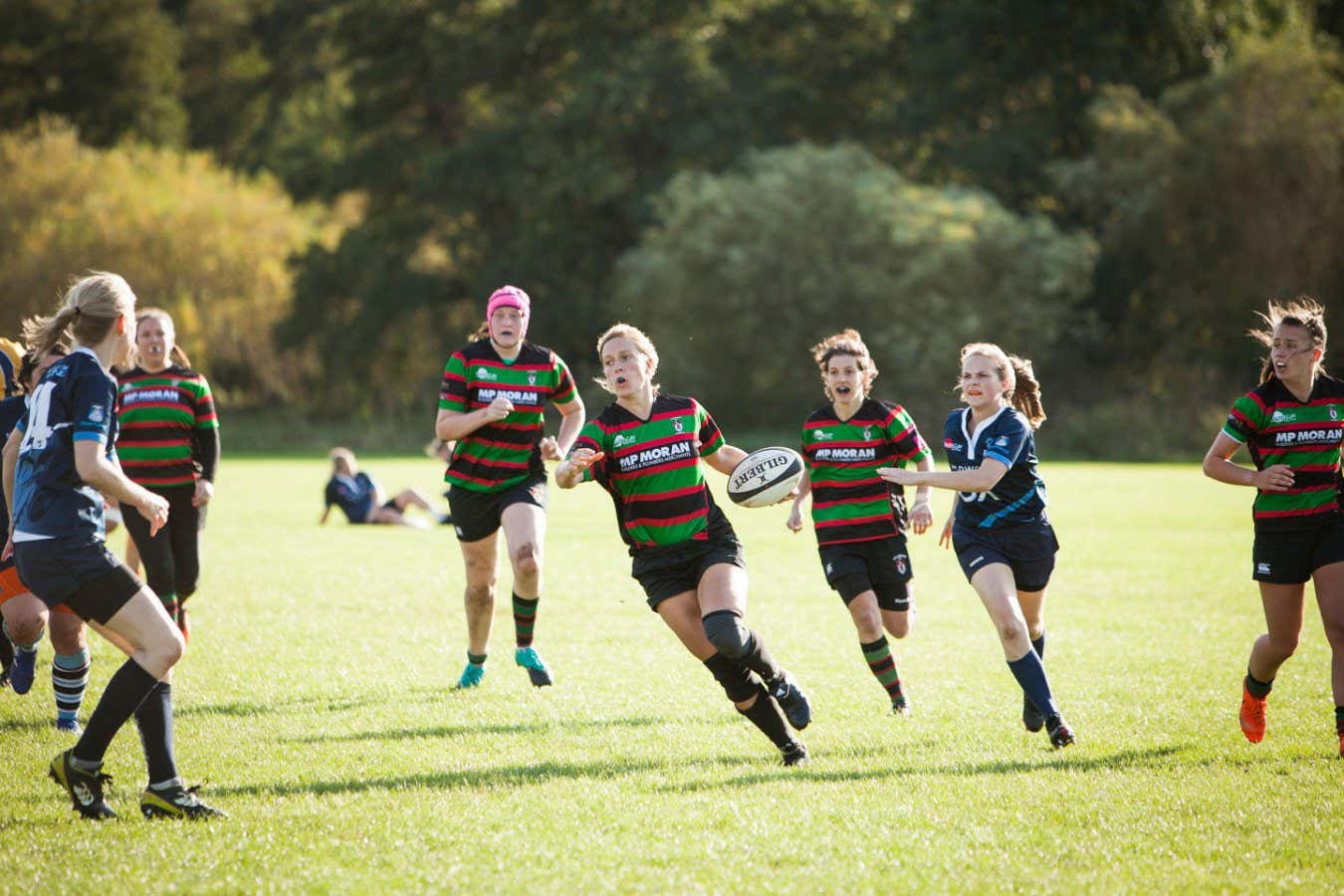
“Exercising with others increases the likelihood of showing up to work out”
RICH BOWEN PHOTOGRAPHY/Alamy
Growing up, I avoided team sports at all costs. Eye-hand coordination just isn’t my strong suit. Plus, I have a pernicious competitive streak. Pair the two together and sport became a source of frustration rather than fun. But recent studies are making me rethink that attitude. It turns out that group exercise, especially team sports, may be better for our health than working out alone.
A 2023 analysis found that participating in sport, either recreationally or competitively, is linked with lower stress, less anxiety and better mental health, such as higher self-esteem. And these effects were especially pronounced in team sports. In fact, such sports seem to improve mental well-being more than other forms of exercise, regardless of the amount of physical activity.
The social aspect may also enhance sport’s physical benefits. For one, exercising with others increases the likelihood of showing up to work out. In a 2024 study, more than 770 participants received a cash reward each day they visited the gym. But some of them also had to bring a friend to cash in. These people turned up about 35 per cent more frequently than those who could arrive alone. A follow-up survey suggested this was because a workout buddy increased accountability and made exercising more enjoyable.
Other research has revealed that this enjoyment might even improve performance. One study of people who took part in free communal runs found that those who did so with friends and family felt more energised, which, in turn, was linked to running faster. Research into competitive rowers, meanwhile, discovered that those who looked at a photo of a loved one while rowing could exercise for about 20 per cent longer than those staring at a stranger’s photo.
While we don’t know exactly why this is, it probably relates to how we process fatigue. It is our brain, not our muscles, that ultimately generates feelings of exhaustion. Fatigue is protective – it stops us from pushing beyond our physical limit and risking injury. So exercising with a buddy (or even just a photo of one) could signal to our brain that we are in a safe environment, allowing us to avoid fatigue for a bit longer.
This idea reflects a broader shift in exercise psychology. While this has focused on how competition boosts performance, more studies are now examining the influence of cooperation. After all, our greatest physical trait as a species – the ability to run long distances – is most likely to have evolved via group hunting. We are probably wired to work out with others.
I find this comforting. It has also helped me to focus on the cooperative aspect of sports, instead of their competitive side. I am running a half-marathon with my best friend soon and she has suggested we run side by side. I think that may be just what I need to help me cross the finish line.
These articles are posted each week at
newscientist.com/maker
Topics:
